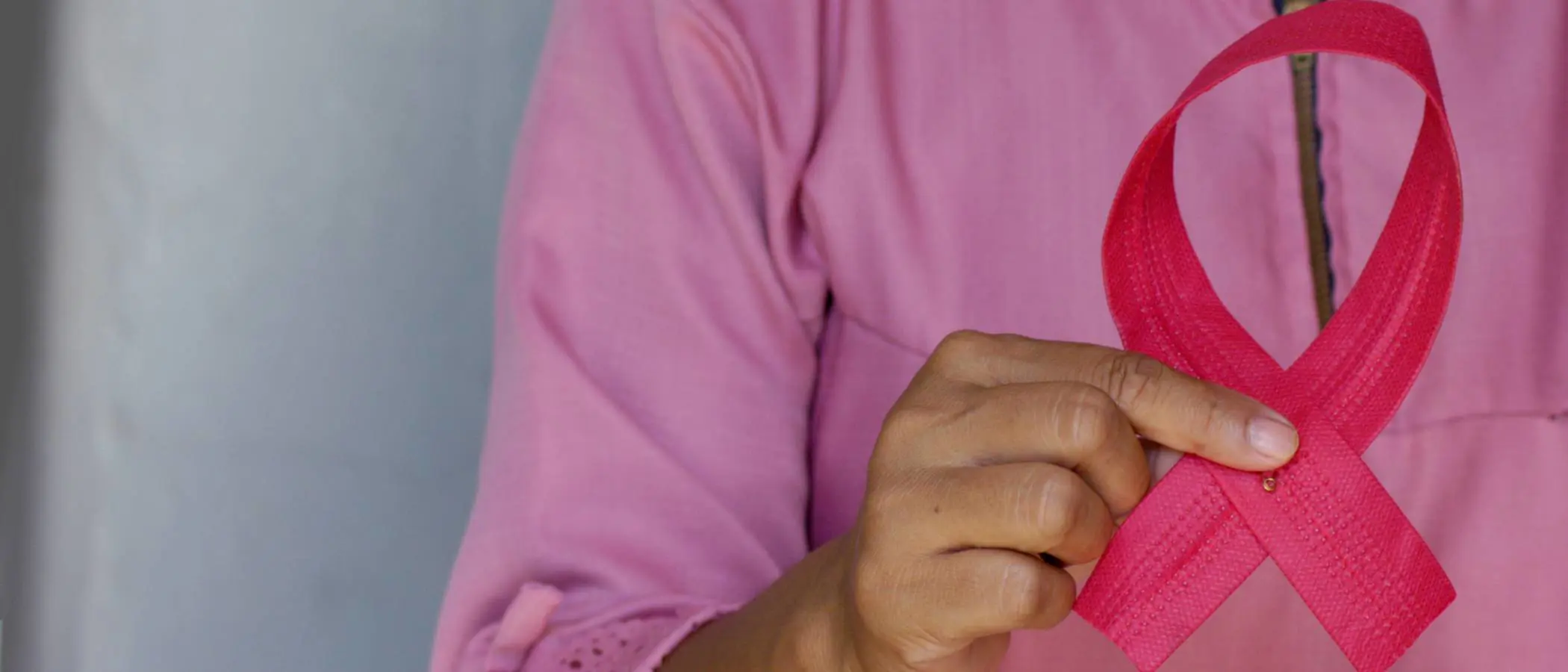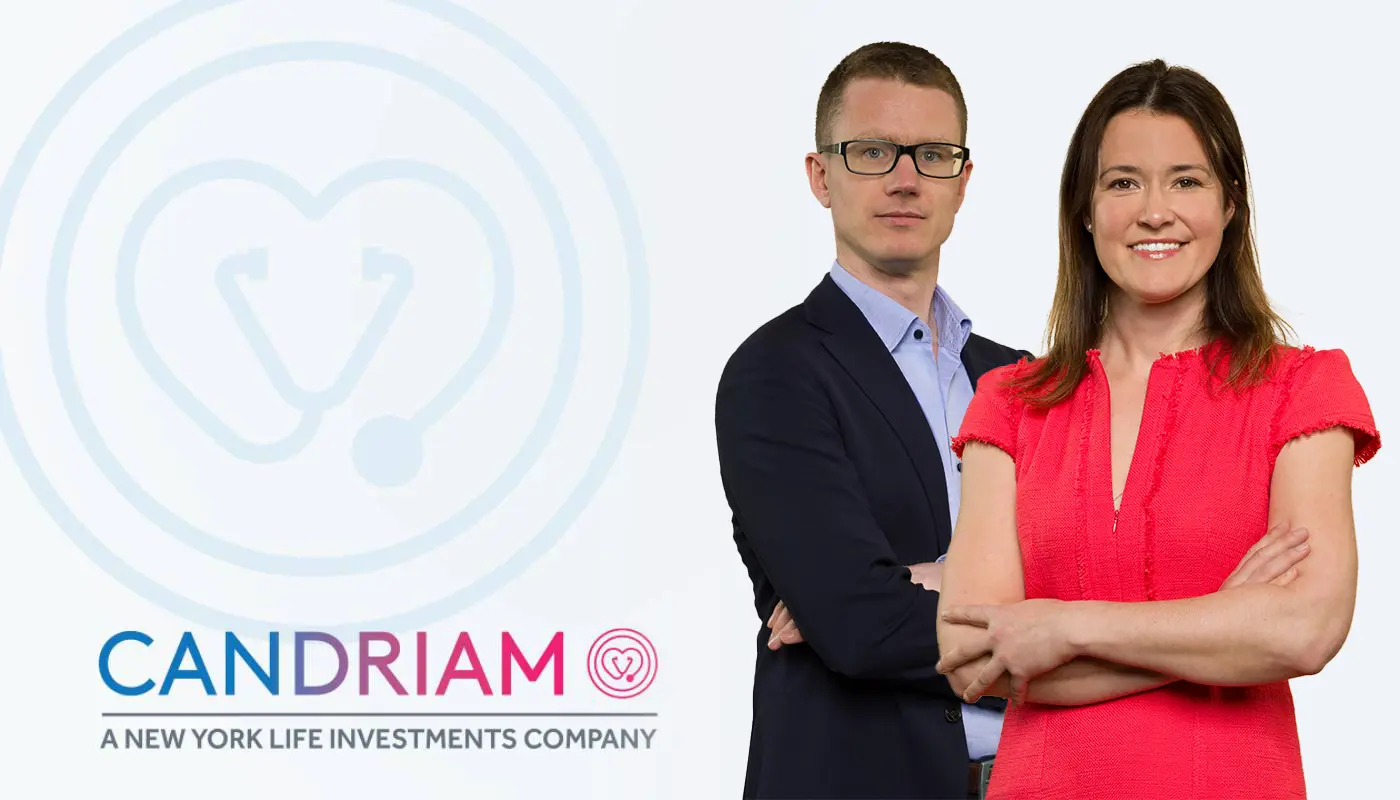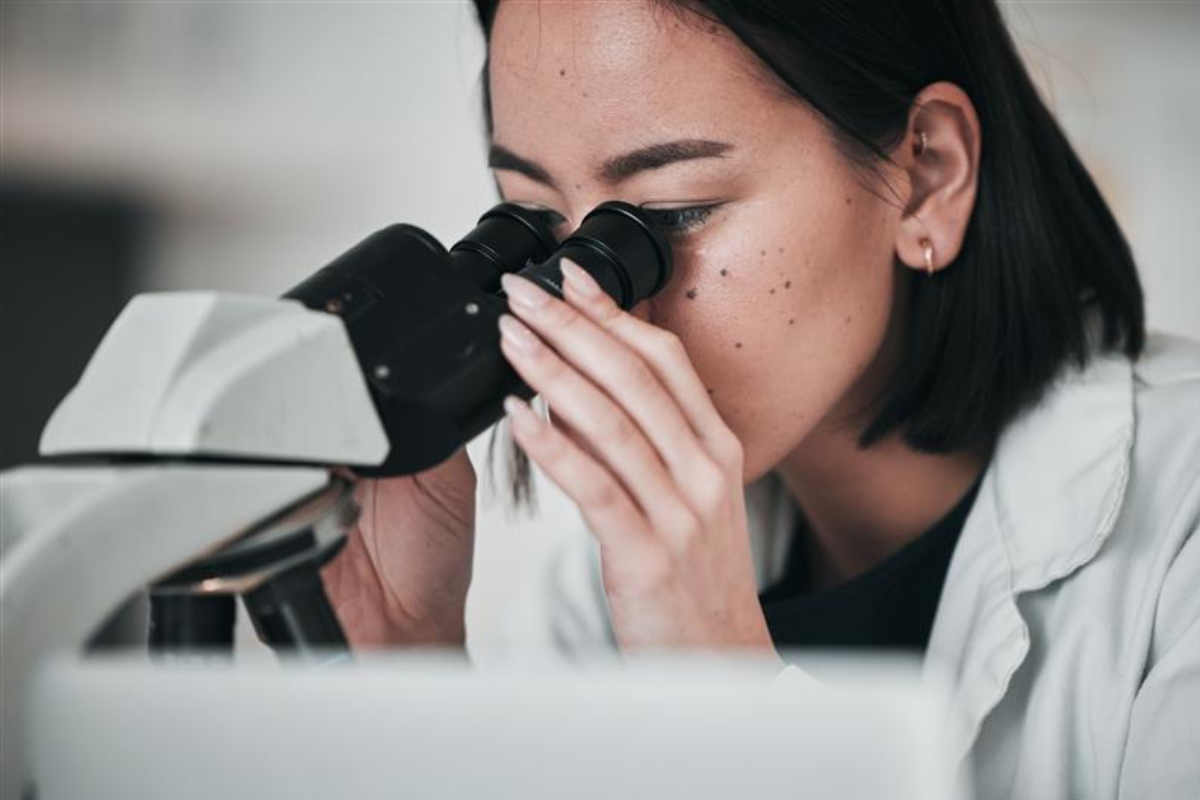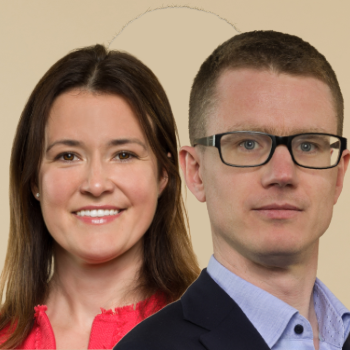 ;
;

Find the right partner to invest in oncology
Our investment team, built over the past 20 years, has a strong medical background enabling them to evaluate the most complex drugs in terms of potential efficiency and opportunities.
How are we organized to detect tomorrow’s winners? Discover this in our “60 seconds with the fund manager” interview with Servaas Michielssens and Linden Thomson.
The cost of such innovative treatments is climbing fast, and is even skyrocketing for some, with the risk of making them harder to access...
That’s the cost of targeted medicine. Until the early 1990s, new treatments primarily addressed large patient populations. Cancers were treated as effectively as was possible with chemotherapy. Since then, however, research has shown that there is not just one type of breast cancer. There are actually many types that can, and should, be treated with different drugs. Generally speaking, in oncology, some very rare cancers only affect a few tens of thousands of patients around the world, and sometimes just hundreds...
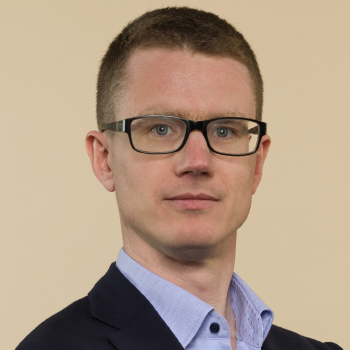
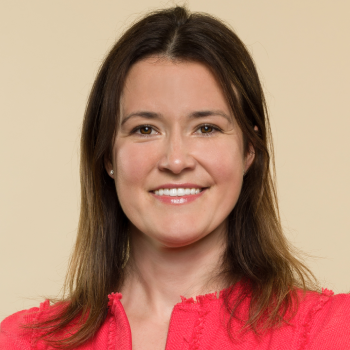
- ENInvesting in oncology: forewarned is forearmed
- FRUn investissement dans l’oncologie : mieux vaut prévenir que guérir
- NLEen belegging in oncologie: beter voorkomen dan genezen
- DEIn onkologie investieren: vorbeugen ist besser als heilen
- ITInvestire nel settore oncologico: meglio prevenire che curare
- ESInversión en oncología
